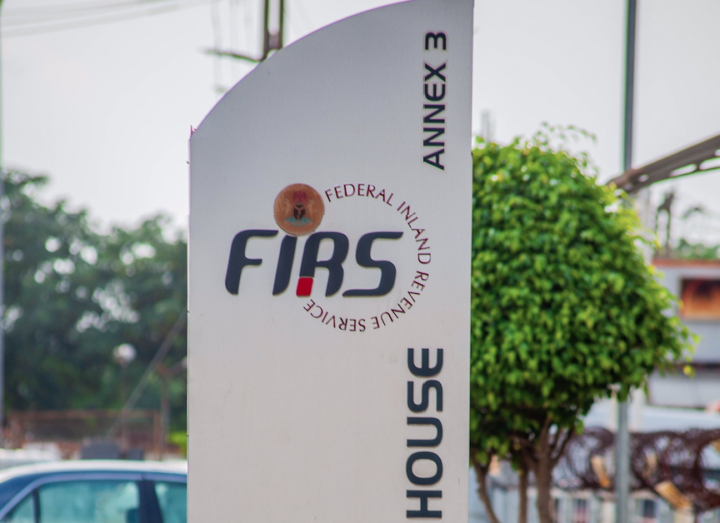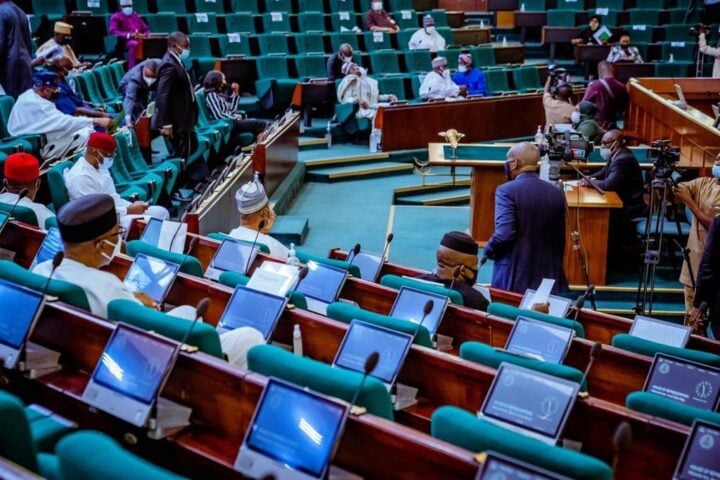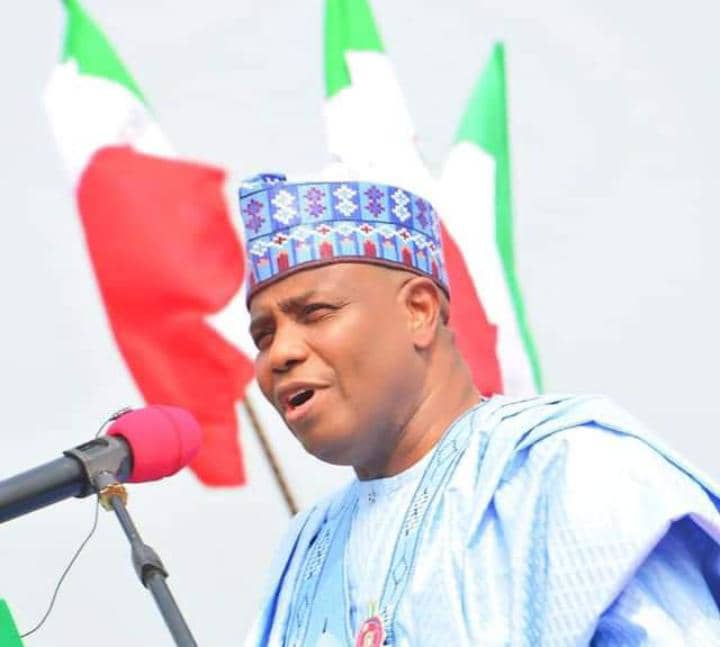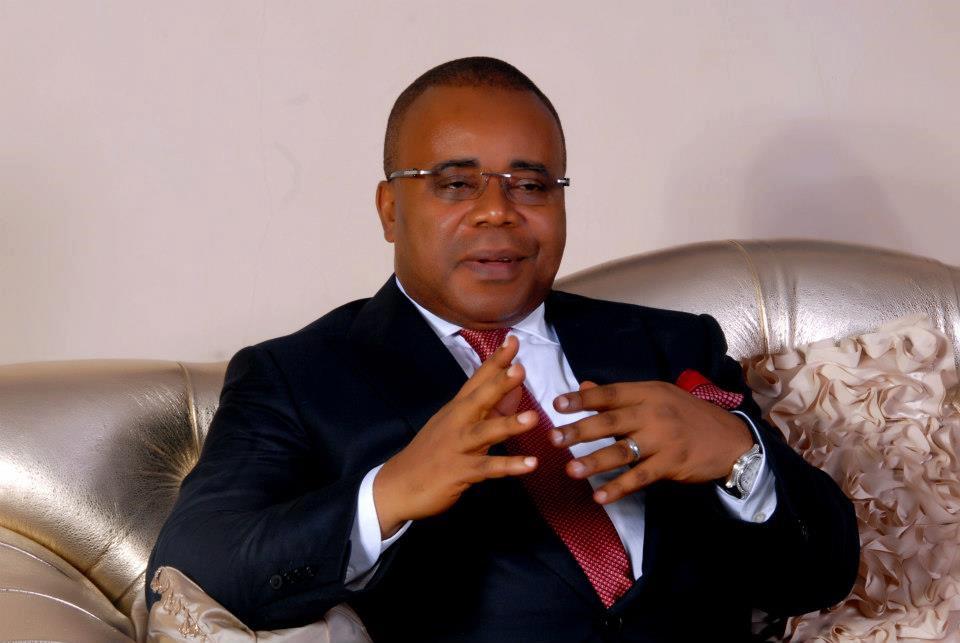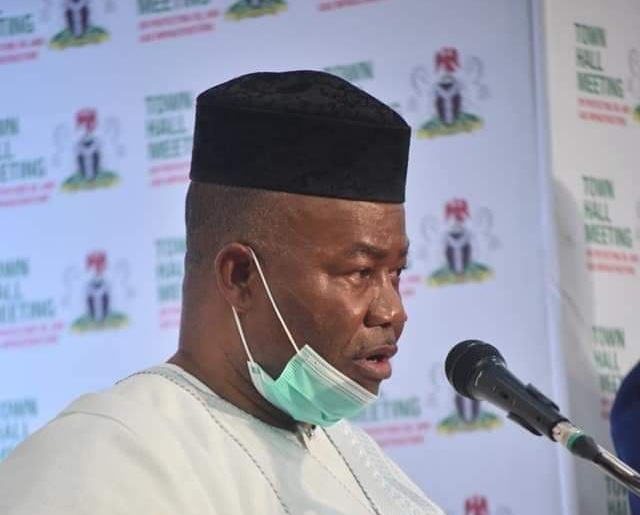BY DAPO OKUNBAJO
When the music is good to our ears, we dance. And if we cannot dance, then we clap. Or we do both!
This piece is not to sing the praises of a government agency without rhyme or reason. It is a fact based opinion piece on the historic feat of the Federal Inland Revenue Service (FIRS) in recording its highest ever tax collection of N10.1 trillion in a single year.
The first indication that FIRS could cross the N10 trillion mark came in September last year when it collected N7.5 trillion in tax in nine months to surpass its entire 2021 figure of N6.4 trillion.
It was at that point that it became obvious that the reforms introduced by Muhammed Nami within a year of assuming office as FIRS Executive Chairman in 2019, had began to yield dividends.
Indeed the fruits of those reforms began to show in 2021, one year after the global lockdown caused by COVID-19, with a tax collection figure of N6.4 trillion,which at the time was the highest ever revenue recorded by the Federal tax agency.
Advertisement
Even at that, the 2022 target of N10.4 trillion looked like a tall dream. Not because of capacity or the lack of it, but because adding N4trillion to the historic figure of the previous year simply looked unattainable at a time much of the world was still feeling the impact of a global economic crisis.
But surprisingly, the FIRS chairman, like a man with a gift of clairvoyancy had told the House of Representatives Committee on Finance at a public hearing on the 2022-2024 Medium Term Expenditure Framework (MTEF) and Fiscal Strategy Paper (FSP), sometime in August 2021, that the agency was projecting to collect tax revenue of over N10 trillion for 2022.
And that was exactly what happened with the 2022 Performance update showing an unprecedented figure of N4.09 trillion from the oil sector and N5.96 trillion from non-oil to bring the total collection for the year to N10.1 trillion.
Advertisement
So what were the factors responsible for the two back-to-back record collection feats?
A look at what Nami brought to the table after assuming office may provide some insight into what has been happening in the last 3 years.
He came into FIRS with a private sector background and, I dare say, mentality and immediately set out what he wanted to achieve in a four-point agenda: to rebuild the FIRS institutional framework; to improve collaboration with stakeholders; to make the FIRS a customer-centric institution and to make the agency a data-centric institution.
These were the pegs on which the historic feat could be hung especially as the reforms played major roles in breaching the N10 trillion revenue collection mark.
Advertisement
“The reforms introduced at different times from 2020 are gradually yielding fruits. By the close of 2022, the Service had fully restructured the administration of the Service for maximum efficiency and achieved internal cohesion such that all functional units are working in unison towards the achievement of set goals.
“As a result of conducive environment created for staff, officers of the Service are pulling their weight on the global stage with international recognitions and awards.
“The Service had also automated most of the administrative and operational processes. A major leap was the full deployment of the TaxPro Max for end-to-end administration of taxes in June 2021. The module for the automated TCC went live 1st January 2023 while taxpayers had already downloaded over 1,000 TCCs this year without having to visit FIRS office,” the report read.
It is interesting to note that the report also stated that the N10.1 trillion does not include tax waived on account of various tax incentives granted under different laws which according to FIRS amounted to N1,805,040,163,008.
Advertisement
This is certainly a huge figure that shows the possibility of the agency doing better not only in the 2023 financial year but also in coming ones.
In the midst of all these is the long standing vow by President Muhammadu Buhari to break Nigeria’s over reliance on oil and from all indications the FIRS management has keyed into it with its performance especially in the last two years.
Advertisement
This ongoing effort to wean the country from its over dependence on revenue from oil is a major reason why Nigeria did not suffer the full effect of the drop in global oil prices.
Today, the revenue projection for 2023 showed that 78% of total revenue is coming from the non-oil sector and of course the FIRS is bound to be a major contributor.
Advertisement
And this is visible from how the agency has shown, for two years running, that it has the necessary capacity to be the lead contributor to the good performance of the non-oil sector.
But more importantly is that FIRS has shown that it will be instrumental in any effort to address the country’s revenue challenge.
Advertisement
Okunbajo is a public affairs commentator and veteran journalist.
Add a comment
